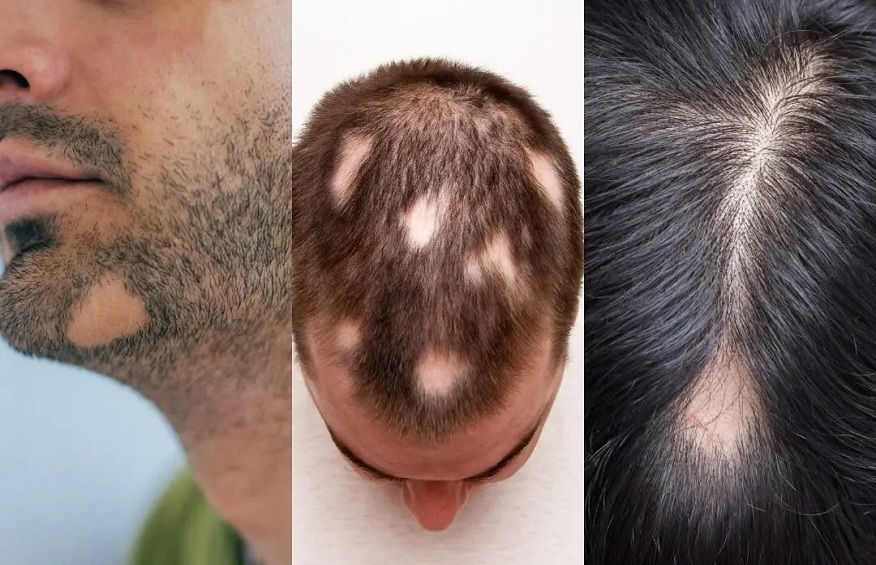
Alopecia is a prevalent health concern that affects millions of individuals not only in America but also worldwide. Balding or hair loss may happen on the scalp or other body parts and could be distressing for anybody who experiences it. The effect of alopecia can be massive, impacting one’s confidence, self-esteem, and general life quality. Thankfully, an alopecia consultation & medical management Lakewood Ranch can offer a range of advantages to persons experiencing balding or hair loss. Continue reading to discover the many reasons why you should arrange a consultation.
1. Identify the Type of Alopecia
One of the main reasons to consider an alopecia consultation is to determine your type of alopecia. There are numerous forms of alopecia, each with its distinctive symptoms and causes. Determining your alopecia type is important for establishing the most effective care plan. For instance, androgenetic alopecia is the most prevalent form of hair loss in men and women, and stems from genetics, whereas alopecia areata is an autoimmune health concern that results from patchy hair loss.
2. Establish the Underlying Cause
An alopecia consultation will help your provider determine the root cause of your hair loss or balding. Numerous factors result in alopecia, including hormonal imbalances, autoimmune disorders, genetics, stress, and medications. Once your provider determines the underlying cause of your condition, they can design treatment more effectively. For instance, if your hair loss stems from hormonal imbalances, your physician may suggest hormone replacement therapy or other medications.
3. Develop a Care Plan
An alopecia consultation may help you create an individualized care plan, based on your unique needs and goals. Care alternatives include hair restoration surgery, medication, hairpieces, or lifestyle adjustments, based on the type and degree of your alopecia. For instance, if you have androgenetic alopecia, your physician might suggest finasteride or topical minoxidil promote hair development.
4. Manage Symptoms
Hair loss could be a distressing symptom of alopecia. Your alopecia consultation will help you manage your symptoms and enhance your life quality. Your physician will advise you on effective coping strategies, such as wigs, hairpieces, scarves, or using cosmetic products to improve your looks. Besides, your physician will advise you on promoting hair growth and maintaining a healthy scalp.
5. Monitor Progress
An alopecia consultation may help you track your progress with time. Routine check-ins with your physician help you monitor any shifts in your hair loss and adjust your therapy, as necessary. If you are experiencing any side effects from your treatment, your doctor will advise you accordingly.
6. Emotional Support
Hair loss could be a traumatic experience, impacting one’s self-confidence and mental health. The alopecia consultation offers emotional support, enabling you to discuss your issues and obtain guidance on dealing with the psychological effect of hair loss. If necessary, your provider may recommend therapy services or support groups to help you manage the psychological effects of alopecia.
7. Prevention
Another key reason to consider alopecia consultation is to obtain advice on avoiding further hair loss and maintaining healthy hair development. Your provider will suggest stress management measures, a healthy diet, and other lifestyle adjustments that help promote healthy hair growth. Besides, your doctor can help you manage any underlying health issues contributing to hair loss, like autoimmune disorders or thyroid disease.
If you start noticing a receding hairline or your hair progressively thinning, consulting a hair loss specialist is one major step to take in halting further hair loss. Hair loss or alopecia could begin as early as your teens and numerous men begin noticing the early warning signs of alopecia in their 20s-30s. The sooner you seek professional care, the more of your hair you will likely keep. Fortunately, most underlying reasons for alopecia are treatable. Your hair loss specialist will partner with you to establish the cause of your alopecia and create an effective hair loss prevention plan.






